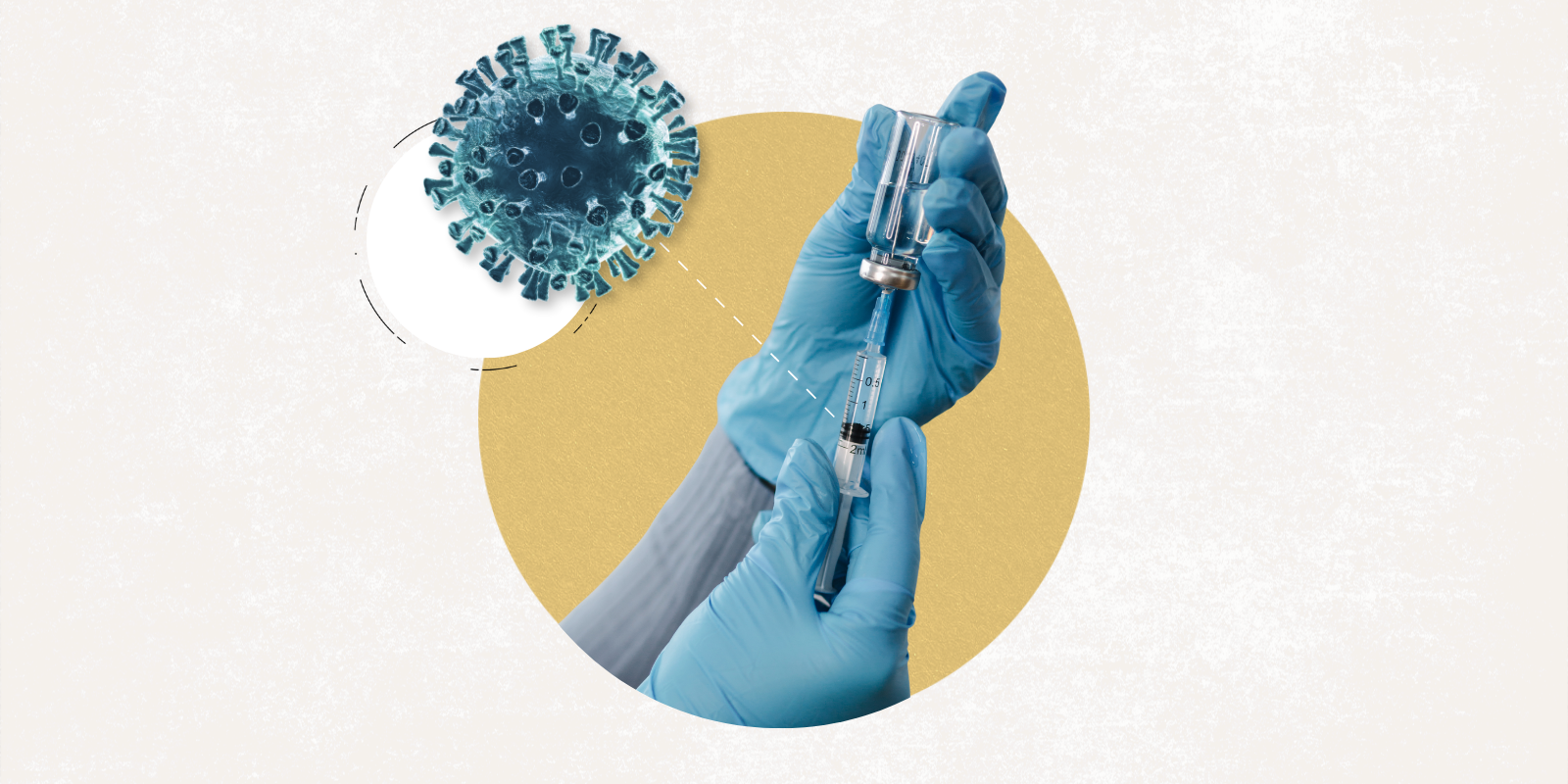When the pandemic struck last winter, it upended our lives in ways few could have imagined. Many of us work from home now, our kids go to school online, we wear masks and avoid our elderly or sick relatives for fear of passing along a potentially deadly illness. Meanwhile, lockdowns and isolation have spawned a mental health crisis that we are only now beginning to fully grasp.
In this series of podcasts, we talk to some of our top experts about the evolution of the coronavirus - where we were, where we are, where we will be a year from now. Each one has a gift for making the complex accessible and are frequently sought out by the media for their expertise.
Listen to CU Anschutz 360: COVID Reflections with Matthew Wynia, MD, MPH/MSPH:
“Back in February, we had a meeting…on public health preparedness for medical and public health disasters. And we all sort of assumed that there would be a whole of government approach and that the nation would pull together around this, just like we do in wartime. Just like we do after a tsunami, just like we do after a hurricane, we all pull together. And the fact that that hasn't happened is just tragic. It's just tragic.” – Matthew Wynia, MD, director of the Center for Bioethics and Humanities at CU Anschutz
Dr. Matthew Wynia has spent his career probing questions of ethics in healthcare. Those questions were often raised and argued in classrooms, seminars and exercises. But things got real when COVID-19 struck and the nation found itself actually debating who should get ventilators, how far should we go to protect the most vulnerable and when, if ever, should economics trump human life.
Wynia has become a go-to bioethicist for everyone from The New York Times to NPR to local media craving insight into how such decisions are made. What goes into the equation? How is it all weighed? What is off-limits?
In an interview recorded in September, Wynia talks candidly about what he’s learned over the course of the pandemic — moments of optimism and profound disappointment. He weighs in on the importance of national leadership in a crisis and the consequences of its absence.
One thing is sure, he predicts, the decisions made over the last few months will be the subject of dissertations for years to come.
Be sure to check out his podcast, Hard Call.

.png)

